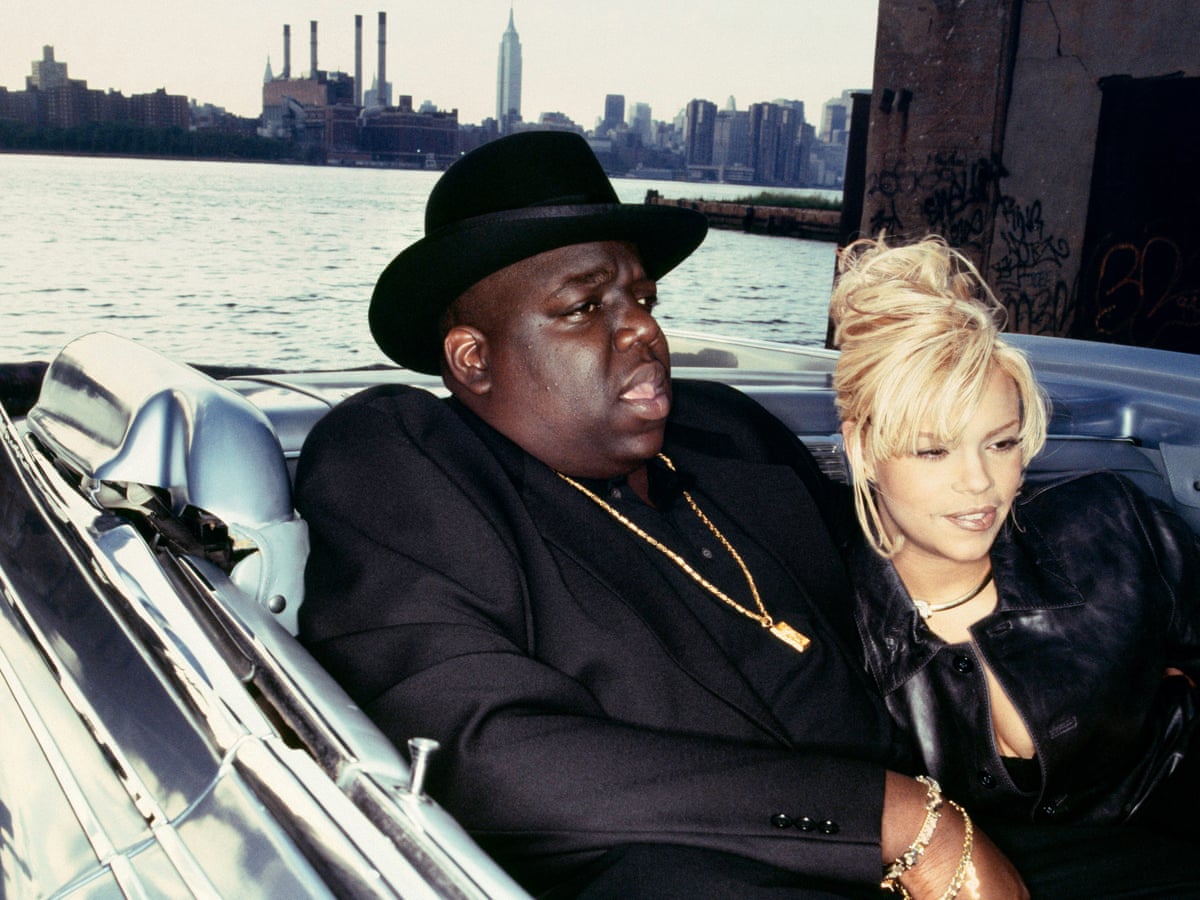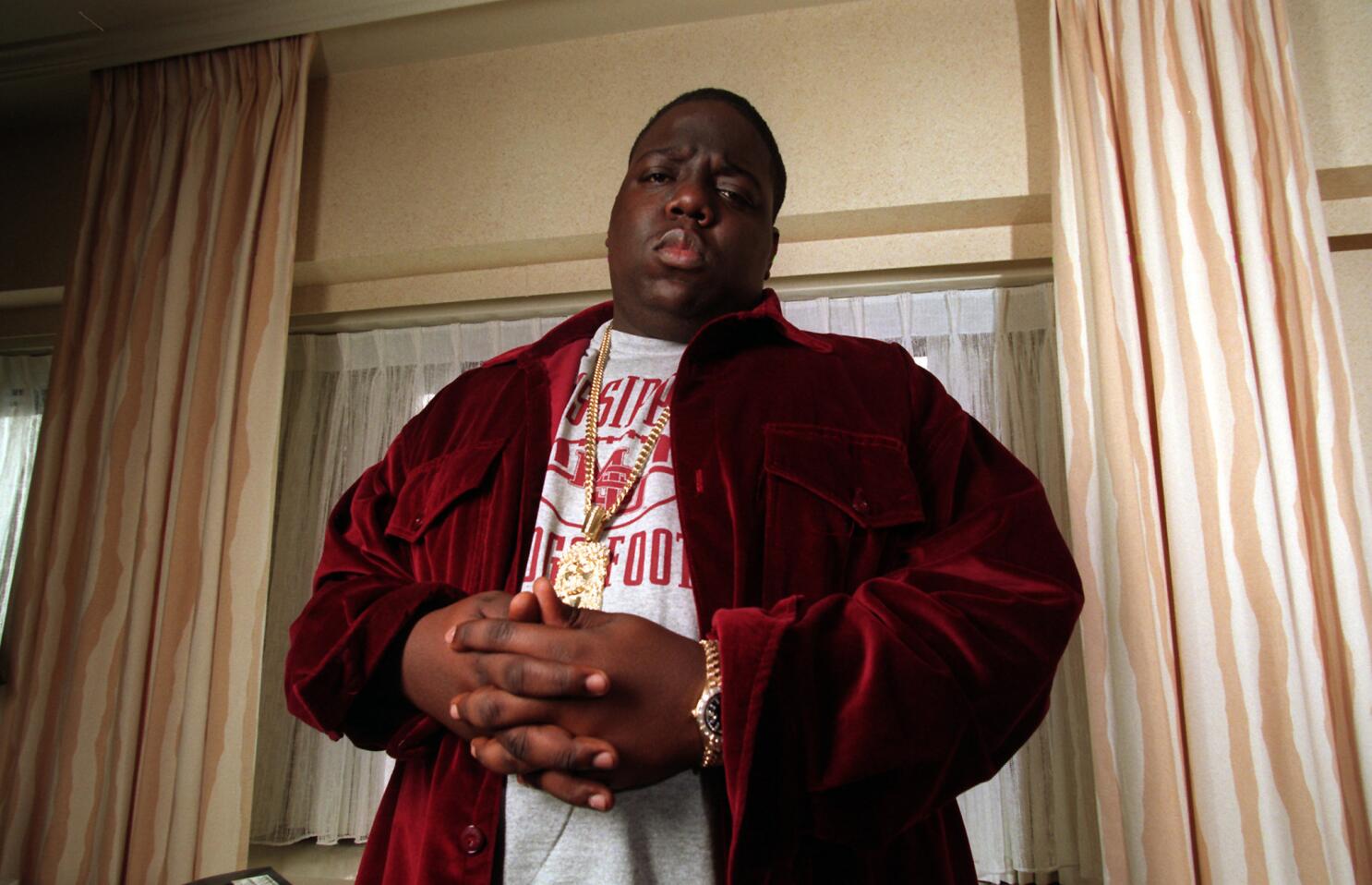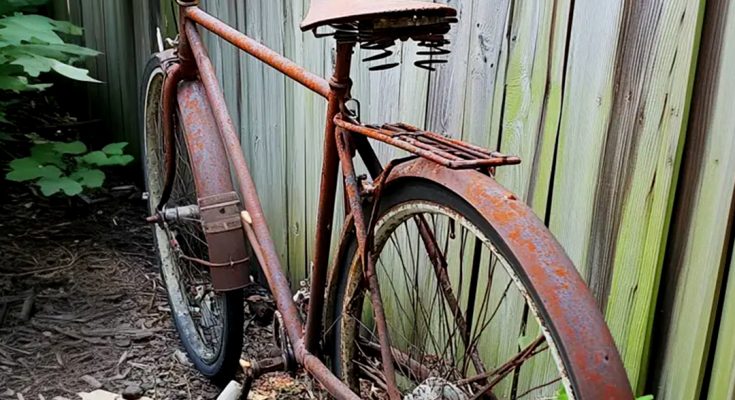Biggie’s Hitman Apologizes In Court & Reveals Everything | HO
It was the confession nobody thought they’d ever hear. Twenty-seven years after the cold-blooded murder of rap icon Christopher Wallace, aka The Notorious B.I.G., the man behind the trigger has finally stepped out of the shadows.
In a packed Los Angeles courtroom, with cameras flashing and the world holding its breath, Biggie’s alleged hitman apologized for the crime that changed hip-hop forever—and dropped bombshell after bombshell about who really gave the order, why Biggie was targeted, and how the LAPD and FBI let the case go cold for decades.
If you thought you knew the story of Biggie’s tragic end, think again. This is the inside scoop, with all the dirty details the industry tried to bury.
The Myth Becomes a Man: Biggie’s Killer Steps Forward
For years, Biggie’s killer was more urban legend than actual person—a shadowy figure whispered about in barbershops, on hip-hop blogs, and in Netflix documentaries. But now, in a stunning twist, the man who allegedly pulled the trigger has confessed, under oath, in open court.
He didn’t just apologize—he named names, described the hit in chilling detail, and even explained how Biggie was never the intended target of some East Coast-West Coast rap feud, but “collateral damage” in a much bigger, darker game.
“He wasn’t a tall man, you know what I mean? Wasn’t big nothing. But to me, he looked like, you know, that wasn’t the one to f*** with,” said Danny Boy, reflecting on the mythic aura around the man who would kill Biggie. Now, that myth is shattered. The confessed hitman isn’t just a rumor. He’s a living, breathing witness—and he’s ready to talk.
Biggie’s Final Days: Paranoia, Warnings, and a Chilling Prediction
To understand how we got here, you have to go back to Biggie’s last 48 hours alive. March 5, 1997—Biggie is in San Francisco, giving what would be his final radio interview. He’s tired, stressed, but trying to keep it light. Then he says something that, in hindsight, is bone-chilling: “Sometimes I just rather be dead because in heaven or hell, I could just chill out and I don’t have anyone stressing on me.”
Behind the jokes, Biggie was drowning in stress. He’d watched his friend Tupac get gunned down. He knew he might be next. “Somebody might try to get me, but I’m just going to make it hard as f***,” he said. It wasn’t just paranoia—it was prophecy.
Three days later, at the Soul Train Music Awards in L.A., Biggie seemed upbeat, even hopeful that the infamous East Coast-West Coast beef was dying down. He told reporters, “It wasn’t really a beef to me in the beginning. It just happened to wage into a East Coast, West Coast.” But not everyone wanted peace.

The Night of the Murder: Chaos, Silence, and Four Fatal Shots
March 8, 1997. After the awards, Biggie and his crew hit the Vibe Magazine afterparty at the Peterson Automotive Museum. It’s packed with celebrities and security, but nothing feels safe. At 12:30 a.m., the fire marshal shuts the party down. Outside, Puff Daddy leads the convoy in his SUV, Biggie follows in a green Chevy Suburban.
Then—the ambush. A car rolls up, windows down, and without a word, shots ring out. Four bullets hit Biggie. One pierces his heart. Lil Cease, G Money, D-Rock—his friends—scramble, but Biggie’s door won’t open. He’s dying in the back seat.
When they reach the hospital, security guard Gene Deal pulls Biggie from the SUV. “He had soiled himself. I dropped his leg. Man, it’s like all my strength had left my body,” Deal recalled. “He’s dead.” Puff Daddy, in shock, refused to believe it. But the legend was gone. The world had lost Big Poppa at just 24.
The Cover-Up: LAPD, Death Row, and the Immunity Deal That Changed Everything
The murder sent shockwaves through the industry. The LAPD formed a special task force, led by detective Greg Kading, to investigate. What they found was explosive: names, witnesses, and a trail that led straight to Death Row Records and Suge Knight.
According to Kading, the trigger man was Wardell “Poochie” Fouse, a Bloods gang member and Death Row associate. The order, he claims, came from Suge Knight—delivered through Suge’s then-girlfriend, who was granted full immunity in exchange for information. That immunity deal was kept secret for years, until Kading revealed it in retirement.

But Suge Knight never incriminated himself. The case stalled. The LAPD, accused of corruption and cover-ups, refused to settle with Biggie’s mother, Voletta Wallace, who spent millions seeking justice. The case was dismissed—not for lack of evidence, but because the city wouldn’t budge.
The Confession: “I’m Sorry I Killed Biggie”
Fast-forward to this year. In a courtroom packed with reporters, a man with direct knowledge of the murder finally confessed. “I’m sorry I killed Biggie,” he said, his voice shaking. He described the car, the timing, the weapon. He even referenced details only someone present could know—like Lil Cease yelling at girls from the window moments before the shooting.
He claimed he was hired by someone in Suge Knight’s circle. It wasn’t about rap beef. It was about business. Biggie, he said, was “collateral damage”—a message to the industry that Death Row wasn’t finished.
The Money Trail: Blood Money and a Phone Call From Prison
This wasn’t just gang violence—it was a hit, ordered and paid for like takeout. The money trail started with a phone call from prison. Suge Knight, locked up for a probation violation, was still pulling strings on the outside. The LAPD and FBI later uncovered a suspicious bank transfer made the day after Biggie’s murder—directly tied to Suge’s inner circle.
Suge never admitted anything. When asked who killed Biggie, he smirked: “Maybe I do, maybe I don’t. Ask Puff.” Puff Daddy (now Diddy) has always denied involvement, but insiders say he was warned not to come to L.A. for the awards. Security guard Gene Deal claims Puff ignored the threat, and after Biggie’s death, cut ties with anyone who cooperated with police.

The Conspiracy: More Targets, Missing Files, and the Industry’s Darkest Secrets
Here’s where things get even crazier. According to leaked LAPD memos, Biggie wasn’t the only target. There was a hit list—including Nas, Busta Rhymes, and another redacted name. An FBI file on the case vanished. A former informant claims Nas was supposed to be next, but canceled his West Coast appearance at the last minute.
The confessed hitman says he was approached to handle Nas, too, but refused. His testimony is now being vetted by federal agents. If corroborated, it could finally bring charges against Suge Knight and others.
The Aftermath: Poochie’s Murder, Unanswered Questions, and Biggie’s Legacy
Wardell “Poochie” Fouse, the alleged shooter, was gunned down in Compton in 2003—a “cleanup job,” according to investigators. With Poochie dead, the trail went cold until this year’s confession.
Meanwhile, Puff Daddy built a billion-dollar empire, but those close to Biggie say the cost was devastating. Gene Deal, cut off for telling the truth, says the silence around Biggie’s murder was as painful as the loss itself.
Biggie left behind two children and a mother who never stopped fighting. Voletta Wallace sued the LAPD, hired private investigators, and forced the city to confront its failures. Now, with the hitman’s confession, she may finally get the closure she deserves.
Biggie Knew: The Warnings, The Unfinished Business, The Silencing
In his last interviews, Biggie hinted at the danger closing in. “Somebody might try to get me. Someone might try to stick me,” he said. He was tired, agitated, and scared. He was also trying to protect his legacy—negotiating new publishing deals, working on unreleased tracks, and trying to repair his relationship with Faith Evans.
On the night of his murder, Biggie was visibly anxious, asking for extra security. He’d changed hotels after a threatening phone call. He knew he was being watched. And when the bullets came, he wasn’t surprised.
The Truth Comes Out: Justice, Closure, and a Mother’s Fight
So where do things stand now? The hitman has confessed. Two accomplices were named—one dead, one still free. Suge Knight’s girlfriend got immunity. Nas was allegedly next. The FBI may have buried key files. And Suge, still locked up, refuses to cooperate.
But for Voletta Wallace, and for fans everywhere, the truth is finally coming out. Biggie’s murder wasn’t just a tragedy—it was a message, a business decision, and a silencing. But thanks to one mother’s relentless fight, the world finally knows what really happened that night in L.A.
Biggie may be gone, but his story—and his music—will never die. And now, maybe, he can finally rest.

